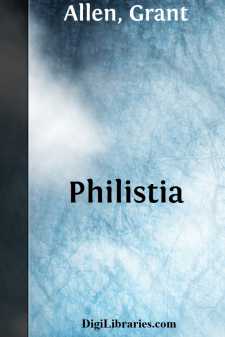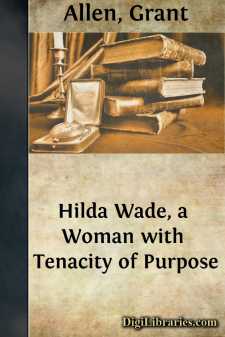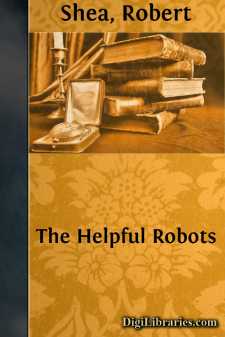Categories
- Antiques & Collectibles 13
- Architecture 36
- Art 48
- Bibles 22
- Biography & Autobiography 813
- Body, Mind & Spirit 142
- Business & Economics 28
- Children's Books 15
- Children's Fiction 12
- Computers 4
- Cooking 94
- Crafts & Hobbies 4
- Drama 346
- Education 46
- Family & Relationships 57
- Fiction 11828
- Games 19
- Gardening 17
- Health & Fitness 34
- History 1377
- House & Home 1
- Humor 147
- Juvenile Fiction 1873
- Juvenile Nonfiction 202
- Language Arts & Disciplines 88
- Law 16
- Literary Collections 686
- Literary Criticism 179
- Mathematics 13
- Medical 41
- Music 40
- Nature 179
- Non-Classifiable 1768
- Performing Arts 7
- Periodicals 1453
- Philosophy 64
- Photography 2
- Poetry 896
- Political Science 203
- Psychology 42
- Reference 154
- Religion 513
- Science 126
- Self-Help 84
- Social Science 81
- Sports & Recreation 34
- Study Aids 3
- Technology & Engineering 59
- Transportation 23
- Travel 463
- True Crime 29
The British Barbarians
by: Grant Allen
Categories:
Description:
Excerpt
INTRODUCTION
Which every reader of this book is requested to read before beginning the story.
This is a Hill-top Novel. I dedicate it to all who have heart enough, brain enough, and soul enough to understand it.
What do I mean by a Hill-top Novel? Well, of late we have been flooded with stories of evil tendencies: a Hill-top Novel is one which raises a protest in favour of purity.
Why have not novelists raised the protest earlier? For this reason. Hitherto, owing to the stern necessity laid upon the modern seer for earning his bread, and, incidentally, for finding a publisher to assist him in promulgating his prophetic opinions, it has seldom happened that writers of exceptional aims have been able to proclaim to the world at large the things which they conceived to be best worth their telling it. Especially has this been the case in the province of fiction. Let me explain the situation. Most novels nowadays have to run as serials through magazines or newspapers; and the editors of these periodicals are timid to a degree which outsiders would hardly believe with regard to the fiction they admit into their pages. Endless spells surround them. This story or episode would annoy their Catholic readers; that one would repel their Wesleyan Methodist subscribers; such an incident is unfit for the perusal of the young person; such another would drive away the offended British matron. I do not myself believe there is any real ground for this excessive and, to be quite frank, somewhat ridiculous timidity. Incredible as it may seem to the ordinary editor, I am of opinion that it would be possible to tell the truth, and yet preserve the circulation. A first-class journal does not really suffer because two or three formalists or two or three bigots among its thousands of subscribers give it up for six weeks in a pet of ill-temper—and then take it on again. Still, the effect remains: it is almost impossible to get a novel printed in an English journal unless it is warranted to contain nothing at all to which anybody, however narrow, could possibly object, on any grounds whatever, religious, political, social, moral, or aesthetic. The romance that appeals to the average editor must say or hint at nothing at all that is not universally believed and received by everybody everywhere in this realm of Britain. But literature, as Thomas Hardy says with truth, is mainly the expression of souls in revolt. Hence the antagonism between literature and journalism.
Why, then, publish one's novels serially at all? Why not appeal at once to the outside public, which has few such prejudices? Why not deliver one's message direct to those who are ready to consider it or at least to hear it? Because, unfortunately, the serial rights of a novel at the present day are three times as valuable, in money worth, as the final book rights. A man who elects to publish direct, instead of running his story through the columns of a newspaper, is forfeiting, in other words, three-quarters of his income....






















